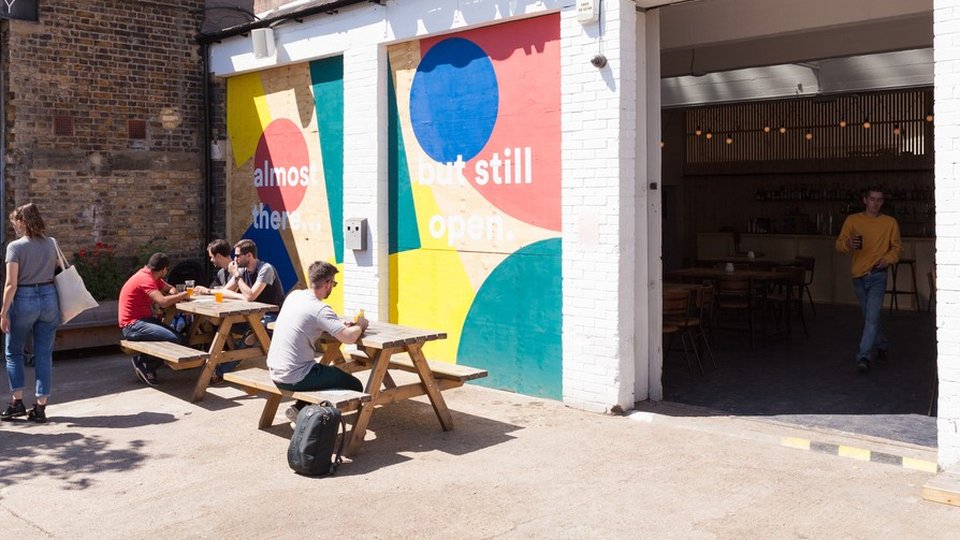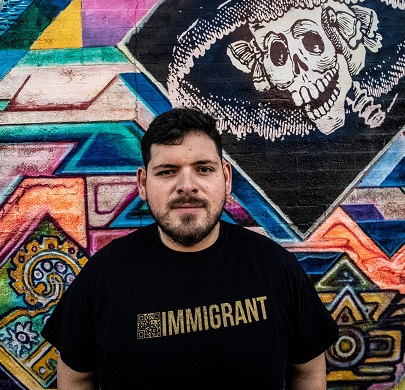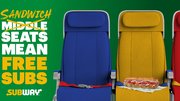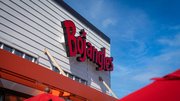Technology
Pop-up power: Opening the door to QSR start-up dreams

October 20, 2020
By Ruben Flores-Martinez/Cashdrop CEO and founder
As cold weather and talks of another wave of COVID-19 bring new fears to already struggling restaurateurs, owners are constantly being tasked with finding new ways to stay nimble, reinvent themselves and recreate the traditional dining experience.
 |
| Cashdrop CEO Ruben Flores-Martinez.(Photo provided) |
While restaurant owners have never seen the likes of COVID-19, they have a long history adapting to meet the challenges of economic crises. For instance, following the 2008 recession, food industry entrepreneurs embraced the food truck, propelling the business model into the popularity that persists to this day.
Much like the food truck growth of that crisis, independent restaurant owners today are exploring new strategies to bring the kitchen closer to the people and increase their bottom line. But what new trend is rising from the restaurant industry ashes now? It's pop-ups.
Need for flexibility drives opportunity
We have seen more than 100,000 restaurants close during the pandemic, and Yelp predicts that 61% of those units will stay closed. Yet, I haven't lost hope. With crisis comes new ideas and innovations to traditional, often outdated business models.
A typical restaurant can cost nearly $400,000 or more to start. But, today we're seeing new business models where aspiring restaurateurs can jump-start a foodservice business for just $2,500.
A one-time weekend fulfillment effort allows industry veterans and newcomers to test the culinary waters affordably. The pop-up model lets restaurateurs test, innovate and monetize.
Take Farhan Momin, for instance. While a dentist by weekday, Farhan still loves to cook. On the weekends, Farhan feeds this passion serving Indo-Mexican dishes from his pop-up, Farmo's Tacos, situated within his family's Suwanee, Georgia restaurant, Atlanta Halal Meat & Food.
Farhan made nearly $2,000 in the first 45 minutes of business alone. He operates exclusively on Cashdrop for pick-up orders — all via Instagram. Within the first hour of operation, Farhan effectively recouped the average cost of ramping up his brand by starting as a pop-up operation.
Innovation prevents exploitation
Across the business spectrum, we've watched as the stress of the pandemic has driven festering conflicts to a boiling point. In the case of the restaurant industry, the issue of so-called "tech-ploitation" has been laid open to the light of day.
This term refers to the belief that the Silicon Valley's many restaurant tech offerings — from delivery apps to order fulfilment services — are typically notdesigned with the industry's many "little guys" or gals in mind.
As a result, many feel that overall industry growth is inhibited while restaurant owners are unnecessarily taxed. Yet reliance on these tech giants has actually grown and the shift has only made survival for many brands less feasible.
Independent restaurants are converting to delivery-based business models out of necessity. And while 30% to 40% of the total revenue of many restaurants is now based on delivery, those same restaurants have also become less profitable as well.
Conversely, the pop-up model allows restaurant owners to maintain better control over their businesses and grow profits, while allowing them to discover new business models that don't rely on expensive third-party services. Success is instead coming from solutions built for small businesses, not against them. At my company, for instance, we've seen restaurants average up to 30% in profit through their pop-up e-commerce shops month-to-month, when compared with their mainstay businesses.
Pop-ups push up QSR variety
If independent businesses continue to close shop, "Main Street" will lose an important shade of each community's local color. While everyone has their favorite QSR chain, consumers don't want to see McDonald's or Subway restaurants on every corner.
I believe consumers overwhelmingly want to support local businesses. Pop-ups give quick-service operators the chance to meet that demand in a sustainable way.
Even after the U.S. returns to economic stability, pop-up shops — with their low barriers to entry — will help entrepreneurs open businesses, test dreams, and decide if building bigger or more permanent is a good path forward.
Pop-ups and new restaurant technologies are giving people more chances to turn their passions and talents into thriving local businesses, on their own terms.
Ruben Flores-Martinez is CEO of Cashdrop, an ecommerce platform creating the easiest and fastest way to turn ideas, passion and talents into innovative and profitable digital businesses.
 ChatGPT
ChatGPT Grok
Grok Perplexity
Perplexity Claude
Claude








